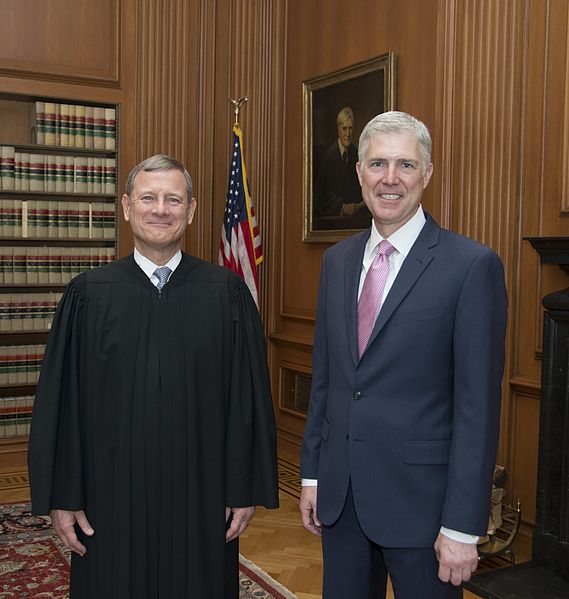Learning for Citizenship and Moral Development

In chapter five, the democratized learning in a civil framework was the focus. In this chapter, a look at the ethical and moral development of learning and its connection to citizenship will be the topic. In addition, the framework of moral development will be critiqued, along with the challenges that schools face.
The learning outcomes in this chapter are as follows:
- Describe how democratic conceptions in education relate to the role of ethical frameworks in schools.
- Describe and analyze the ethical practice in schools, along with the role of developing educational programs.
- Develop a conceptualization of moral development and how it should be taught.
- Critique the ways that moral development could present certain problems in schools.

